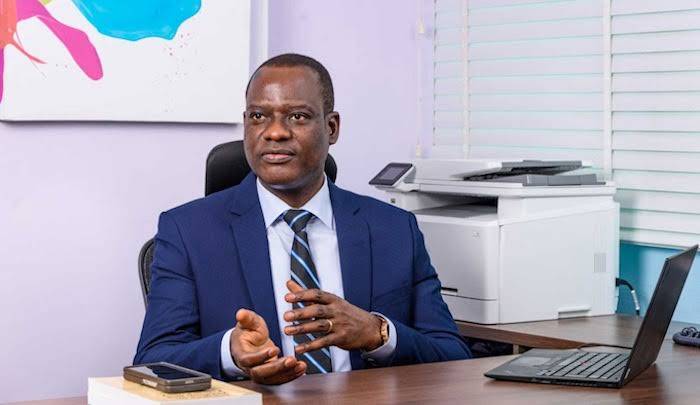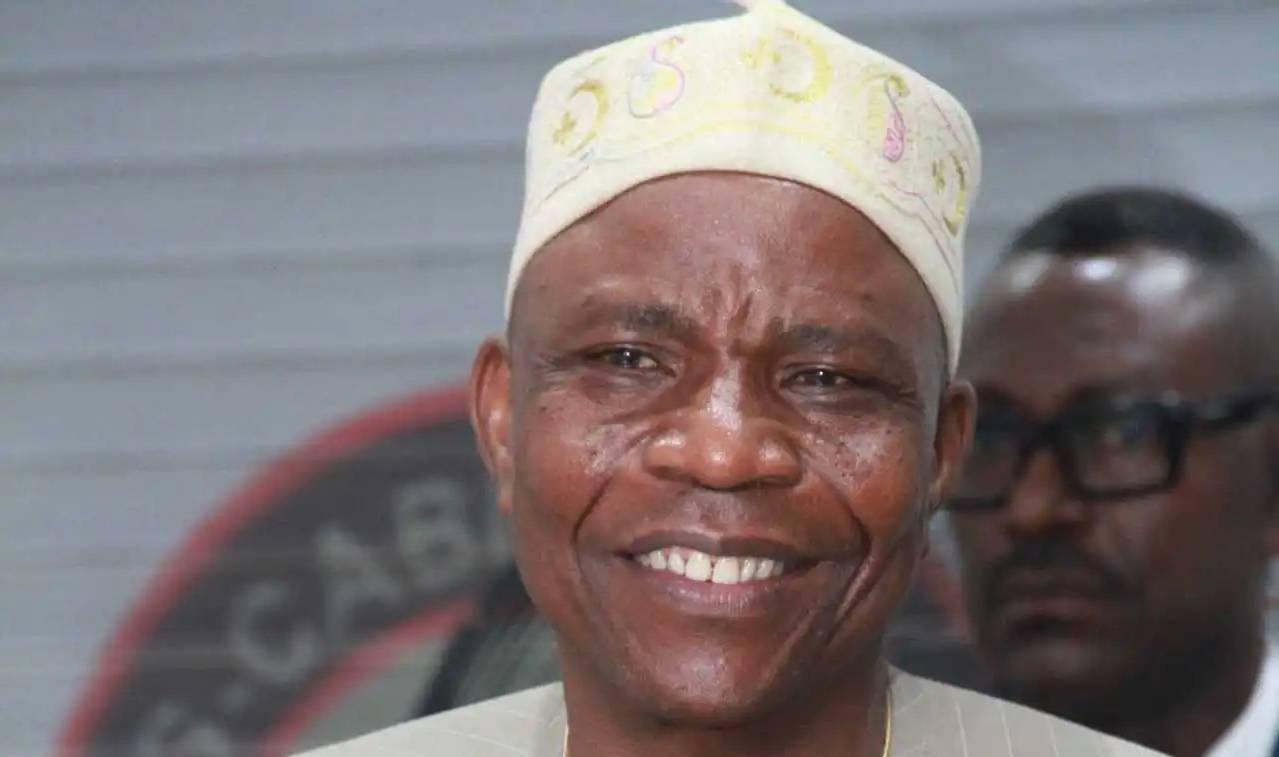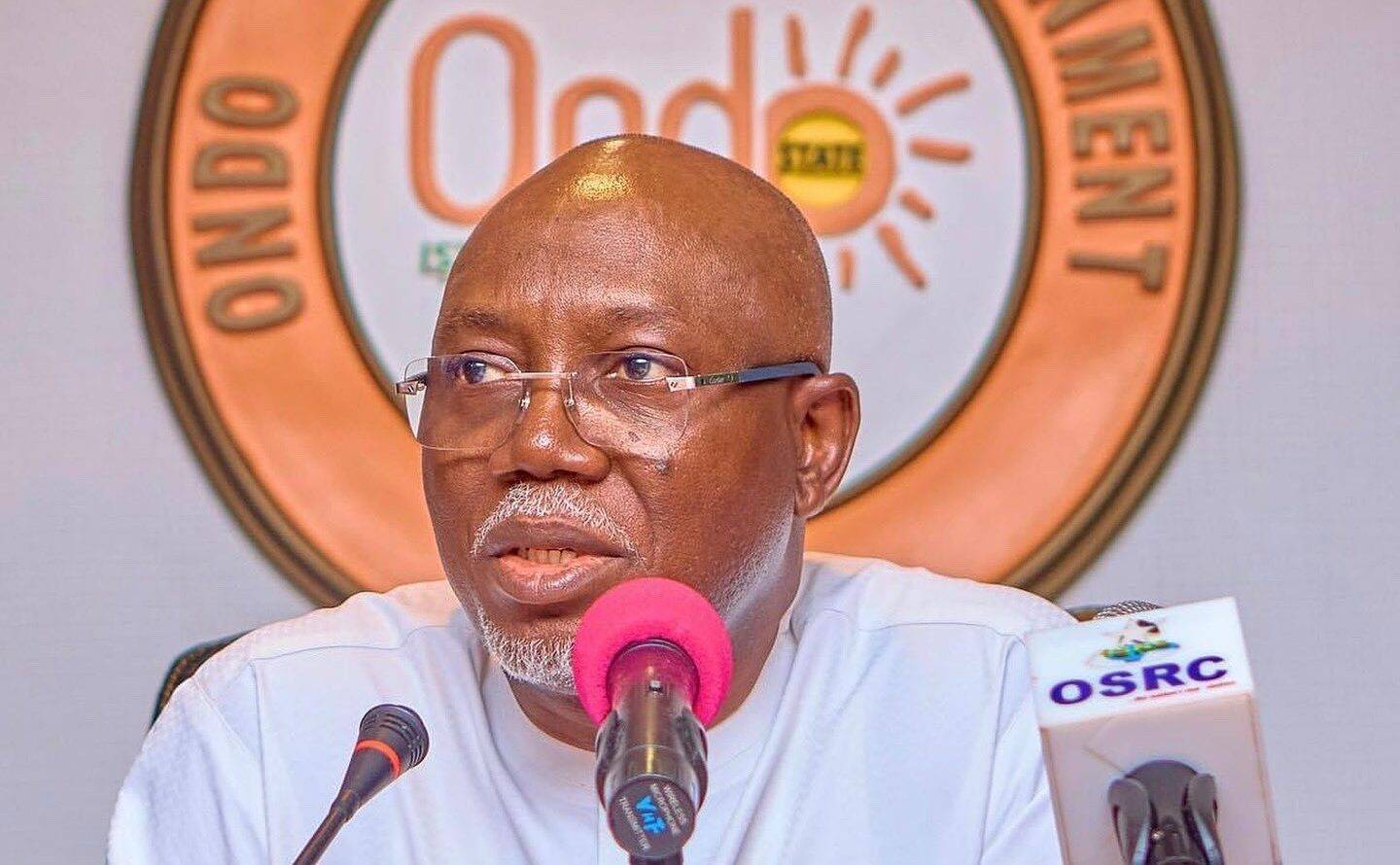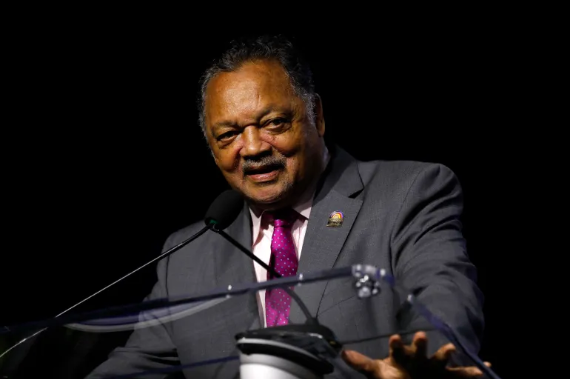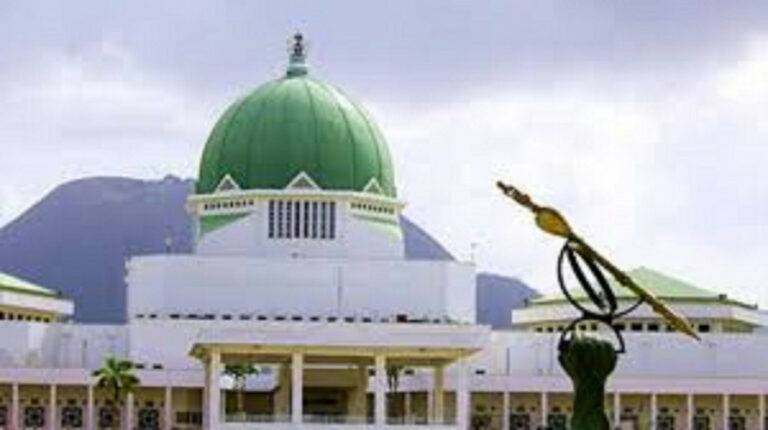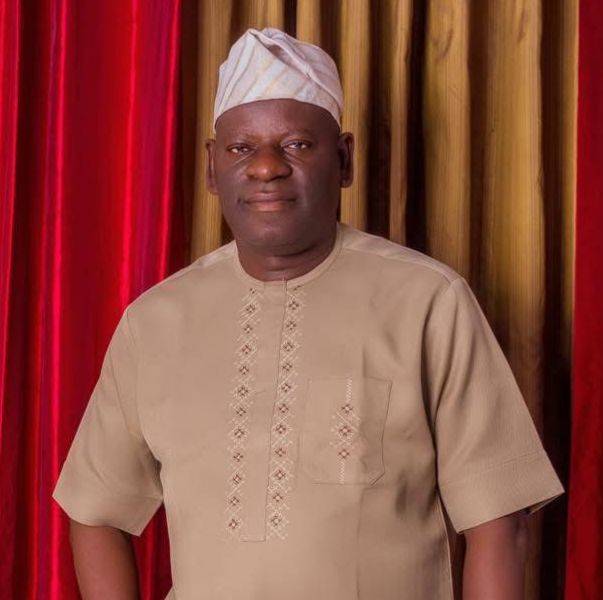The federal government has gazetted Nigeria’s new tax reform laws, with full implementation expected to begin on January 1, 2026.
Taiwo Oyedele, chairman of the Presidential Fiscal Policy and Tax Reforms Committee, confirmed the development in a post on X on Monday, noting that the move marked a major milestone in the government’s drive to overhaul Nigeria’s tax system.
The gazetted laws include the Nigeria Tax Act, 2025 (NTA), the Nigeria Tax Administration Act, 2025 (NTAA), the Nigeria Revenue Service (Establishment) Act, 2025 (NRSEA), and the Joint Revenue Board (Establishment) Act, 2025 (JRBEA).
“Nigeria’s tax reform laws have been published in the official gazette,” Oyedele announced.
Outlining the major provisions, Oyedele explained that the reforms introduce a zero percent tax rate for small companies, defined as businesses with an annual turnover not exceeding ₦100 million and fixed assets below ₦250 million.
He added that the corporate tax rate for large companies will be reduced from 30 percent to 25 percent , with the commencement date for the new rate to be set by President Bola Tinubu on the advice of the National Economic Council (NEC).
Oyedele also highlighted new measures including: High thresholds for top-up tax – An exemption threshold of ₦50 billion revenue for local firms and €750 million equivalent for multinationals, Economic development incentive– A percent annual tax credit for eligible investments in priority sectors.
In addition, taxpayers will have the option of paying taxes on foreign currency transactions in naira, using the prevailing exchange rate in the official foreign exchange (FX) market.
“The NTA and NTAA will commence on 1st January 2026 while the NRSEA and JRBEA have a commencement date of 26 June 2025 to ensure readiness of the relevant institutions ahead of full implementation in 2026,” he stated, while also sharing a download link to the gazetted laws.
President Bola Tinubu had signed the four tax reform bills into law on June 26, 2025, paving the way for their gazetting.
Speaking at the time, Wale Edun, minister of finance and coordinating minister of the economy, said the reforms were designed to improve business growth and boost the purchasing power of Nigerians.


